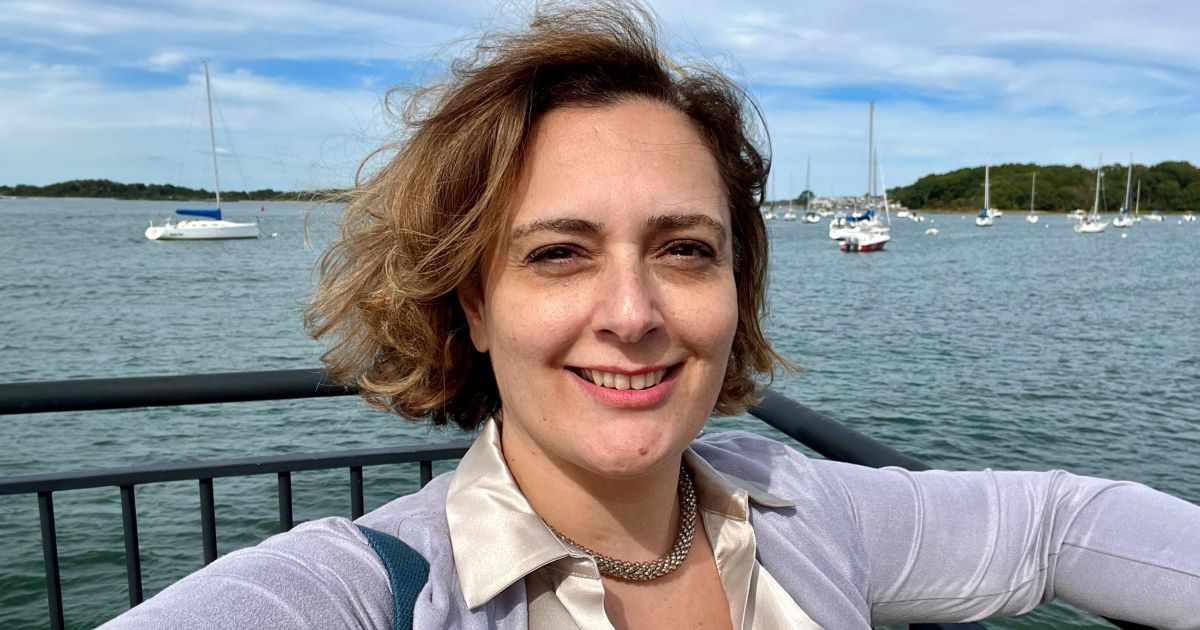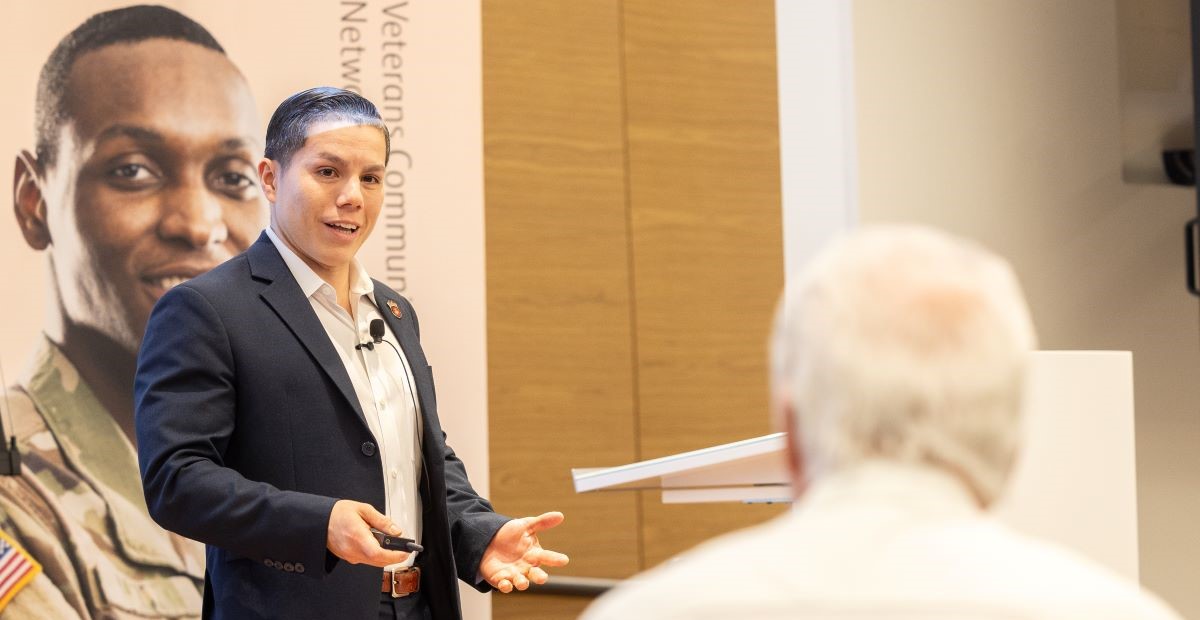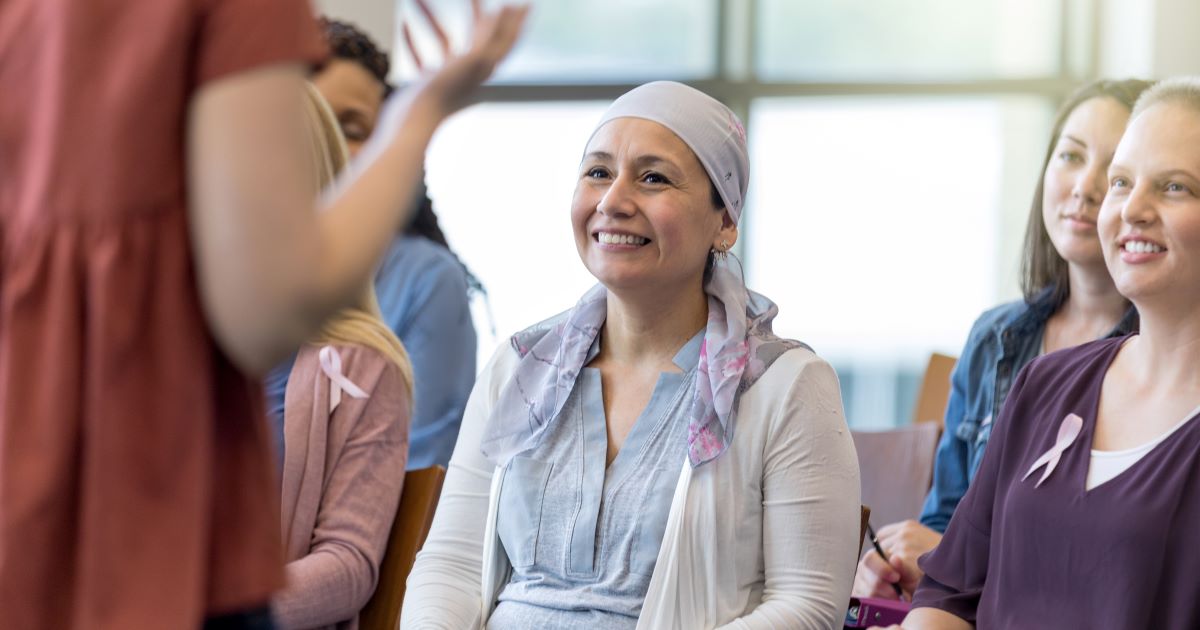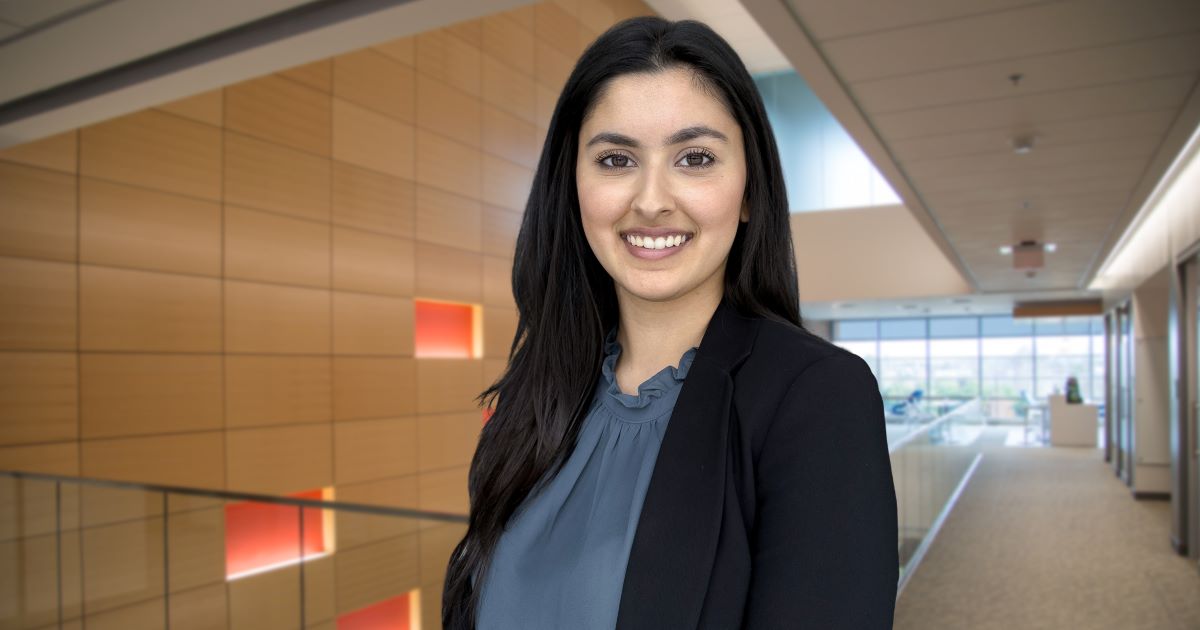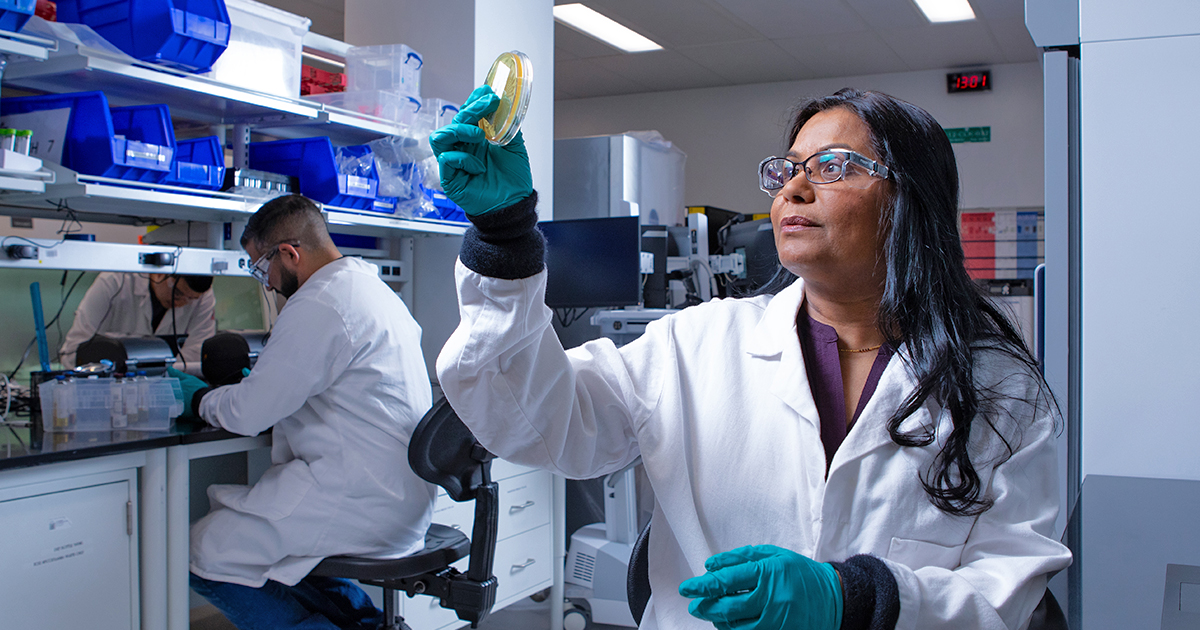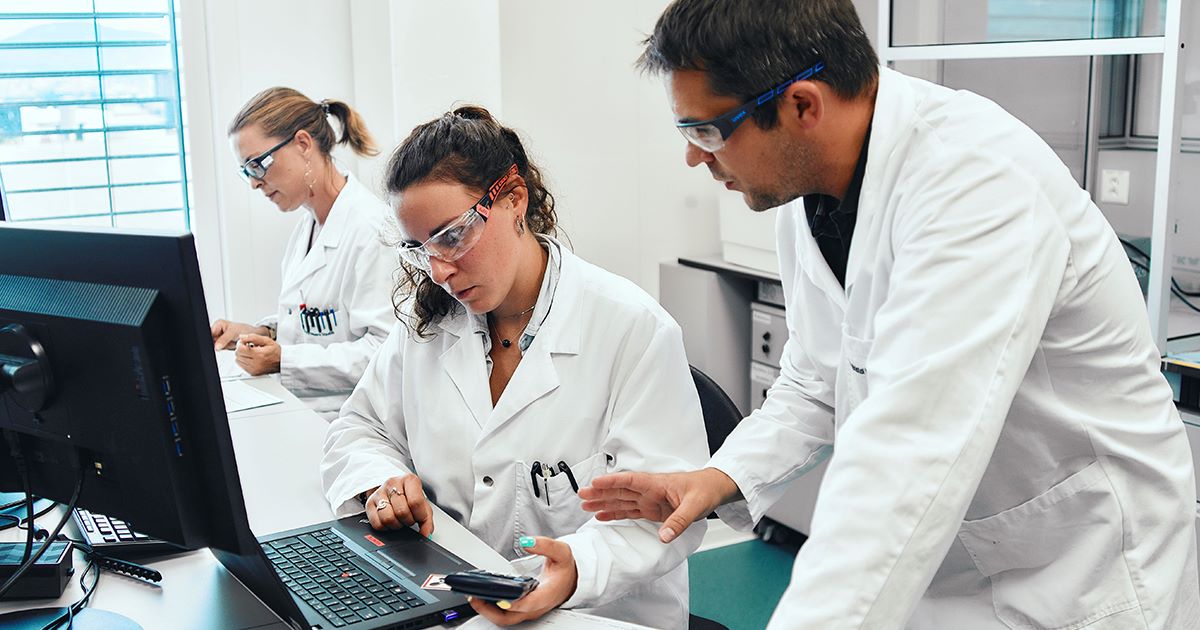
Building Careers
Opportunities Across BMS China and Asia Cluster: Perspectives from an International Leader (video)
What does a career marked by continuous growth look like? For Elbert Man, Executive Director, China Innovative Medicines Business Unit Head and General Manager of
Read more
When BMS acquired RayzeBio in 2024, our product pipeline expanded to include radiopharmaceutical therapies (RPTs),
What does a career marked by continuous growth look like? For Elbert Man, Executive Director,
At BMS, we believe that company culture is a living, breathing force. And just as
Delivering groundbreaking treatments and doing transformative work. That’s what motivated two scientists who had worked
Making the transition from the military back to civilian life can be a challenge. To
Belonging. At BMS, it’s a powerful force that allows each of us – no matter
At BMS, we are committed to putting patients first - and that commitment extends to patients and caregivers within our very organization. Each year, as a reflection of this commitment, we host Global Patient Week, an initiative that connects employees with patients and celebrates inspiring individuals and the roles that they play in their personal battles against disease.
Embarking on your career. It’s an exciting, promising time in life. Just ask Fizza Naqvi,
We’re committed to growing and shaping the careers of the next generation of ambitious, innovative
In today's rapidly evolving workplace, the exponential growth of artificial intelligence (AI) is offering Bristol
How does a fascination with medicine and the human brain evolve into a career? For Ken Kramer, Vice President and Head of Medical Affairs, Neuropsychiatry Therapeutic Area at BMS, it comes down to one word: commitment.
Opportunity to grow as leaders. Breakthrough science that addresses unmet medical needs. Talented colleagues in


